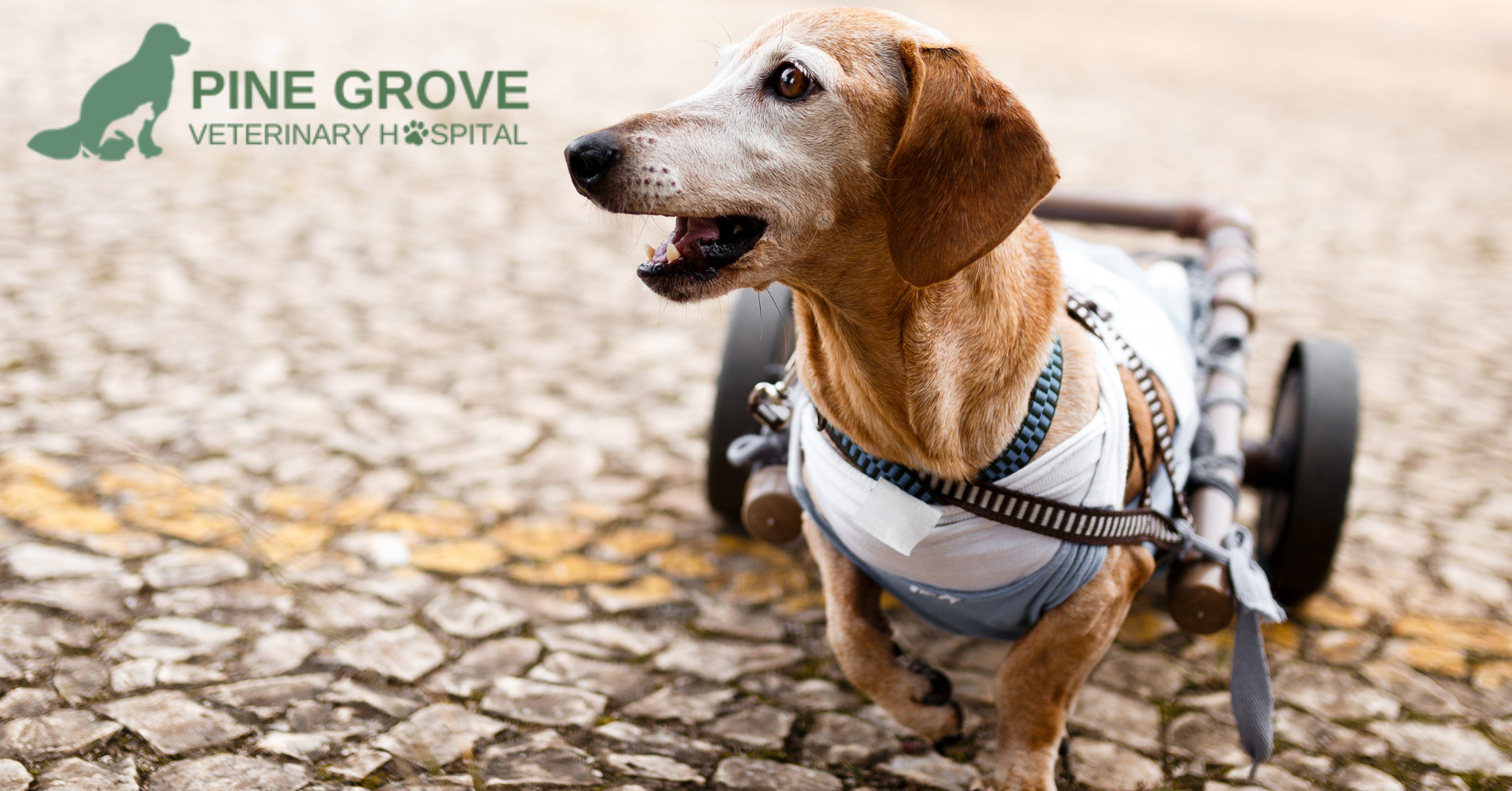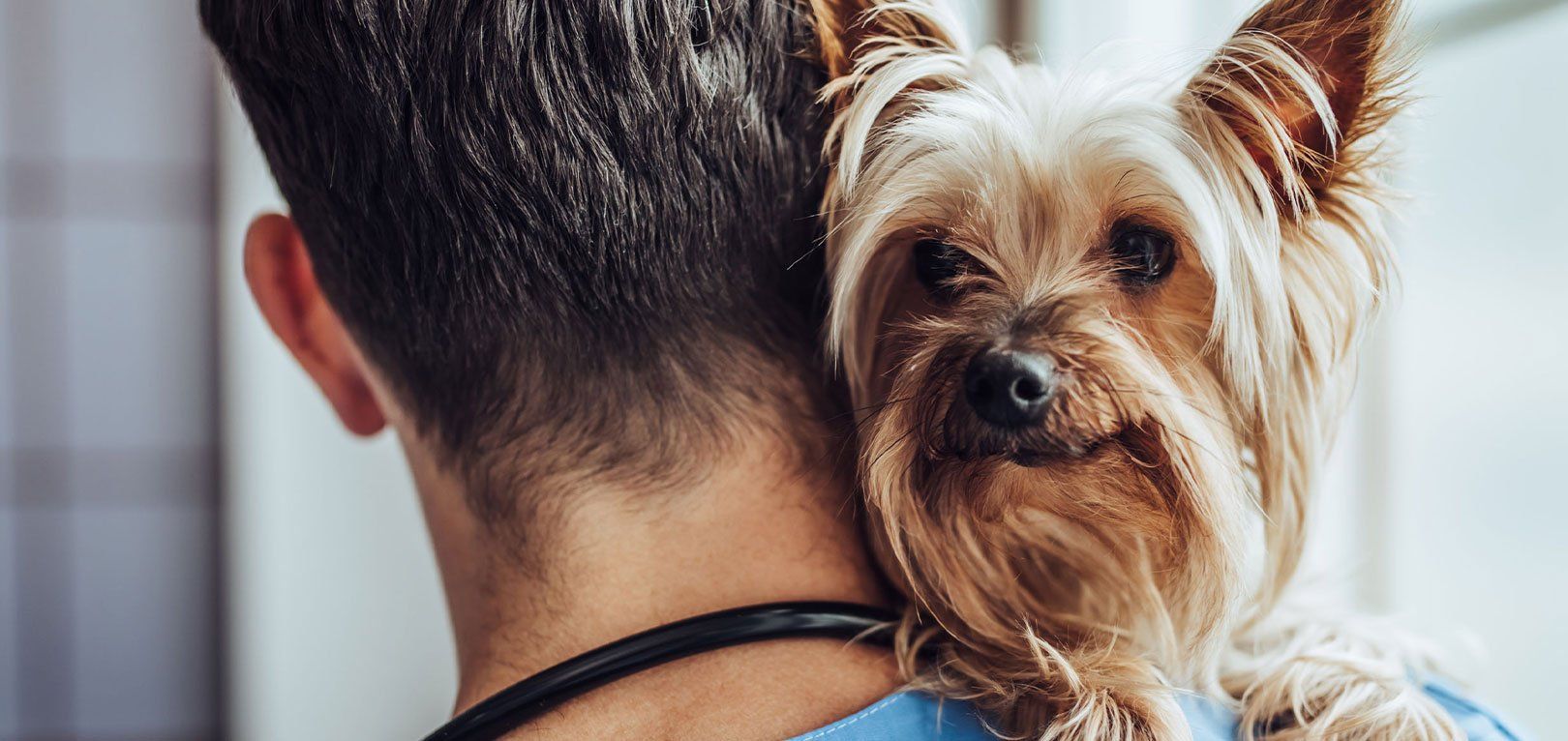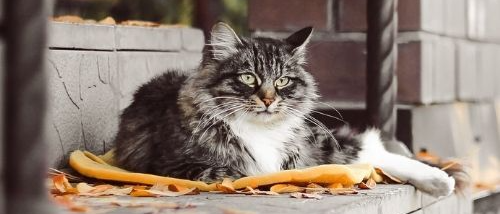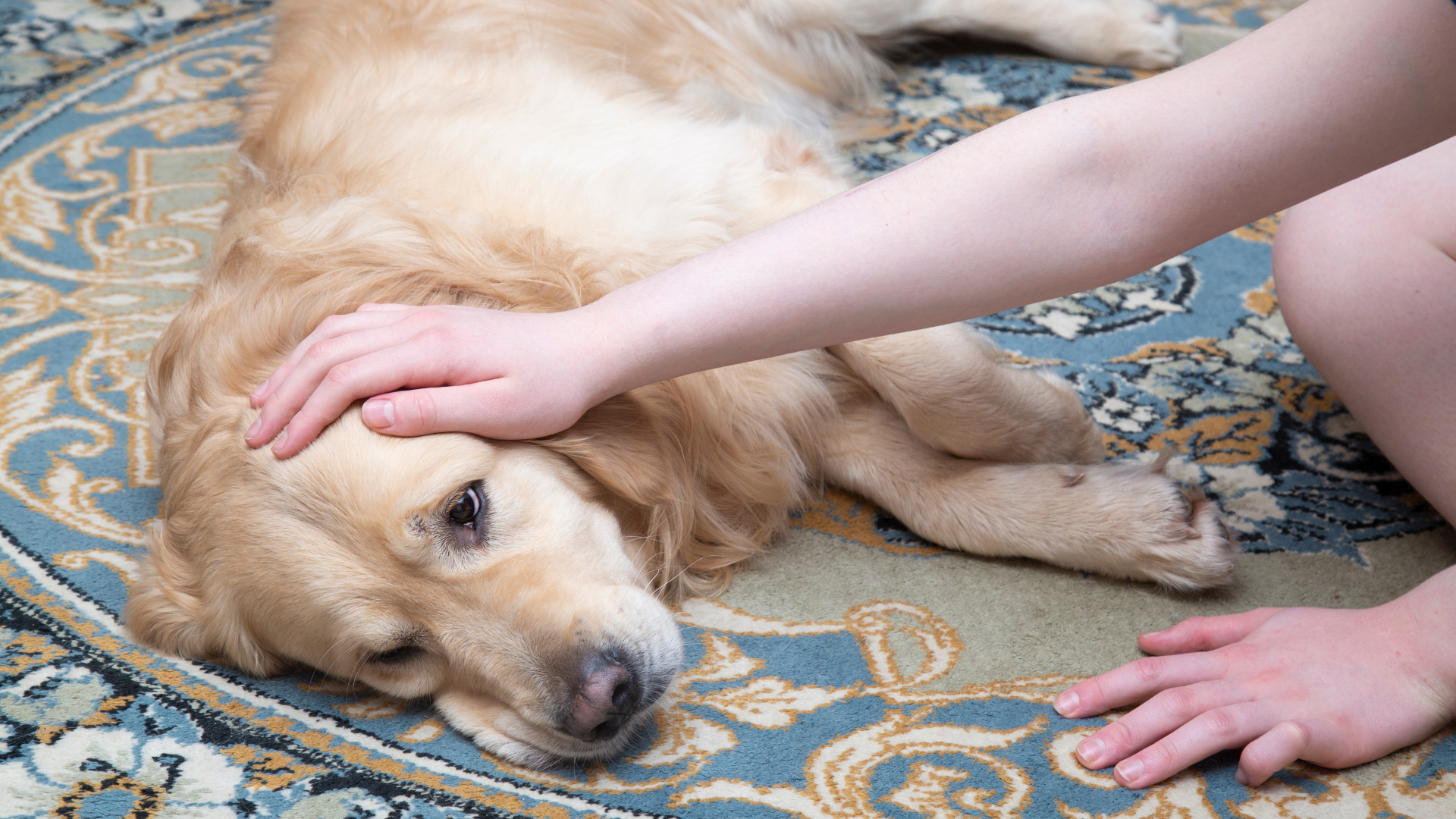Pine Grove Veterinary Hospital's Approach to Senior Pet Care

As our pets grow older, their needs change, and it becomes essential to adapt their care to ensure they enjoy their golden years in comfort and health. We understand the unique considerations of caring for senior pets and are dedicated to providing compassionate and comprehensive care tailored to their needs. Here’s how our approach to senior pet care helps ensure your beloved companions continue to live happy, healthy lives.
Understanding the Needs of Senior Pets
Just like humans, pets experience physical and mental changes as they age. These can include reduced mobility, changes in appetite, decreased energy levels, and the onset of age-related conditions such as arthritis, diabetes, or heart disease. Recognizing these changes early is key to managing them effectively, so regular veterinary visits are crucial.
At Pine Grove Veterinary Hospital, we recommend more frequent check-ups for senior pets—typically every six months—to monitor their health closely. These visits allow us to detect emerging issues early, ensuring timely intervention and management. Our team of experienced veterinarians and Registered Veterinary Technicians uses a combination of thorough physical exams, diagnostic tests, and open communication with pet owners to create a personalized care plan for each senior pet.
Comprehensive Senior Pet Care Services
Our approach to senior pet care at Pine Grove Veterinary Hospital includes a range of services designed to address the specific needs of aging pets:
- Routine Wellness Exams: Regular check-ups are vital for detecting and managing age-related conditions. We conduct comprehensive exams assessing your pet’s overall health, including weight, mobility, dental health, and more.
- Nutritional Counseling: As pets age, their dietary needs change. We provide tailored nutritional advice to ensure your senior pet receives the right balance of nutrients to support their health and manage any medical conditions.
- Pain Management: Chronic pain from conditions like arthritis is common in senior pets. We offer pain management options to keep your pet comfortable and active, including medications, physical therapy, and alternative treatments like laser therapy.
- Dental Care: Oral health is especially important for senior pets, as dental issues can lead to more serious health problems. Our dental care services include cleanings, extractions, and ongoing oral health monitoring.
- End-of-Life Care: Compassionate end-of-life care is critical to our senior pet services. We provide supportive care that focuses on your pet's comfort and dignity in their final stages of life. This includes pain management, quality of life assessments, and, when the time comes, peaceful euthanasia services in a compassionate and supportive environment.
The Importance of Early Detection
Early detection of age-related conditions can significantly improve the quality of life for senior pets. Our advanced diagnostic tools at Pine Grove Veterinary Hospital allow us to identify health issues before they become severe. This proactive approach helps manage conditions like kidney disease, diabetes, and heart problems more effectively, allowing your pet to maintain a better quality of life for longer.
Personalized Care Plans
Every senior pet is unique, and so are their needs. Our team takes the time to understand your pet's health history, lifestyle, and specific requirements. This allows us to create personalized care plans that address your pet's needs, ensuring it receives the best care as it ages.
We believe in a holistic approach to senior pet care, where every aspect of your pet's well-being is considered—from physical health to emotional well-being. Our team supports you and your pet through every stage of their life, providing guidance, treatment, and compassion.
Compassionate End-of-Life Care
One of the most challenging aspects of pet ownership is making end-of-life decisions for your beloved companion. At Pine Grove Veterinary Hospital, we approach this sensitive time with compassion and respect. Our end-of-life care services focus on providing comfort and dignity for your pet, with a strong emphasis on pain management and emotional support for both you and your pet.
We offer peaceful euthanasia services, either in our hospital or outside of our clinic, surrounded by nature, ensuring that your pet’s final moments are as gentle and stress-free as possible. Our team is here to provide support and guidance throughout this challenging time, helping you make the best decisions for your pet's well-being.
Conclusion
Pine Grove Veterinary Hospital is committed to providing the highest standard of care for your senior pets. From routine wellness exams to compassionate end-of-life care, our comprehensive services are designed to meet the unique needs of aging pets, ensuring they enjoy their later years in comfort and health.
At Pine Grove Veterinary Hospital, you will find trusted care for your senior pet. Contact us today. Our experienced team is here to support you and your pet through every stage of life, offering the care and compassion they deserve.
Frequently Asked Questions
Why do cats knead with their claws out?
As a natural reflex, cats may extend their claws while kneading. To manage this, trim their claws and provide soft surfaces to knead on.
Is kneading a sign that my cat loves me?
Yes, kneading is often a sign that your cat feels comfortable and secure around you. It's a way for them to express affection and contentment.
How can I stop my cat from kneading on me?
You can gently redirect your cat to knead on a blanket or soft pillow. Placing a thick barrier, like a blanket, between you and your cat during kneading can also help reduce discomfort.
Should I be concerned if my cat kneads excessively?
If your cat's kneading is excessive or accompanied by signs of stress, it’s a good idea to consult your vet. They can help determine if there’s an underlying issue that needs attention.
Can kneading behavior change over time?
Yes, changes in your cat's environment, health, or routine can influence their kneading behaviour. If you notice significant changes, it’s worth discussing with your vet to ensure your cat’s well-being.
Understanding why cats make biscuits and how to manage this behaviour helps strengthen the bond between you and your feline companion. Pine Grove Vet is here to support you with expert advice on all aspects of your pet's health and behaviour.
Share this article by using the icons below!



